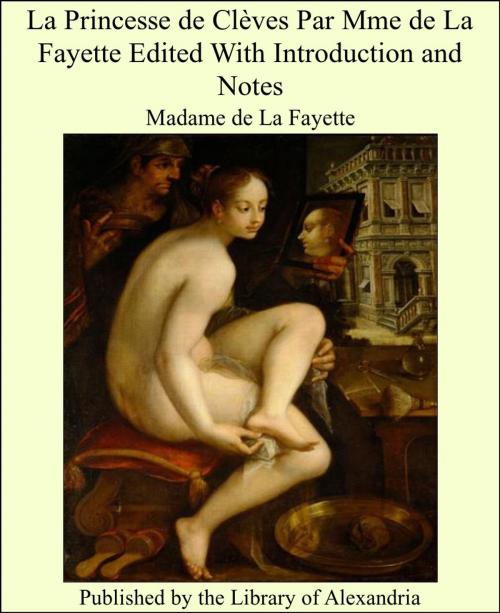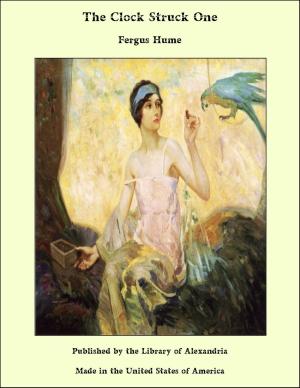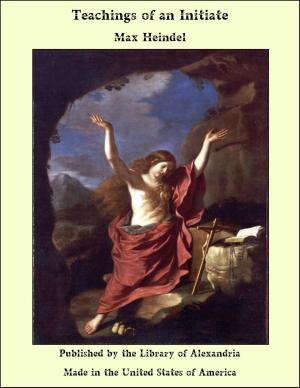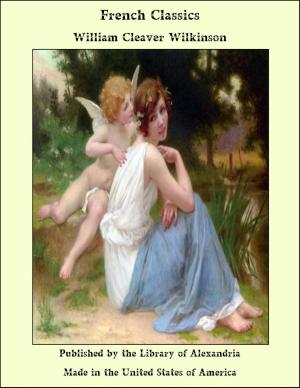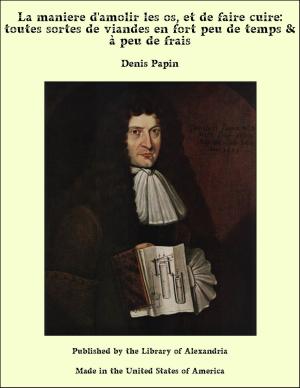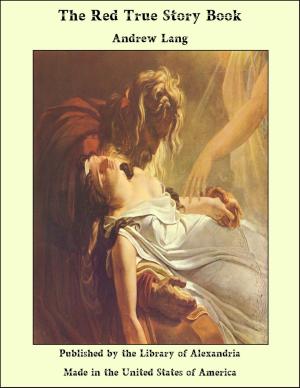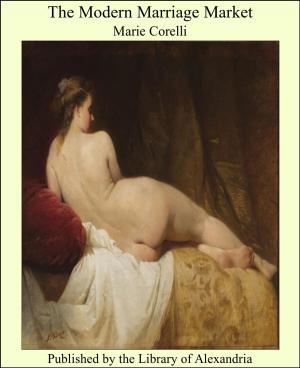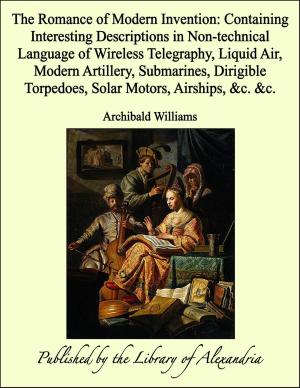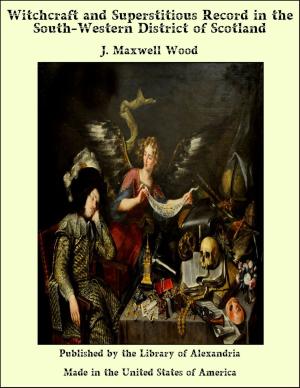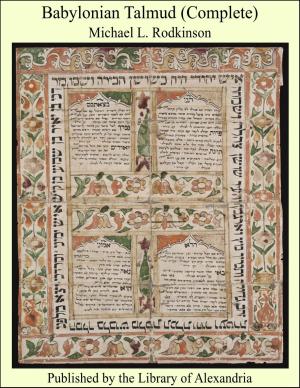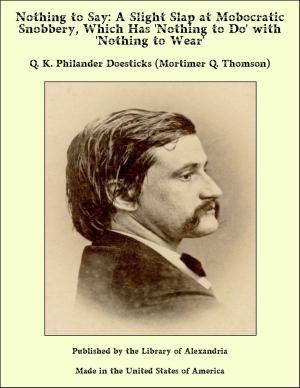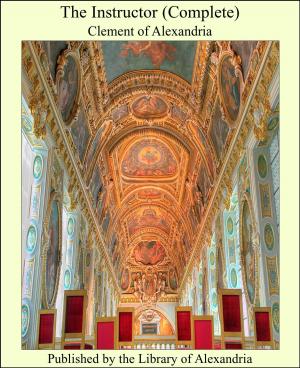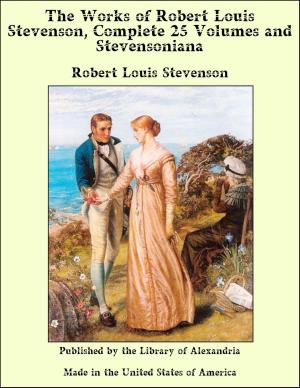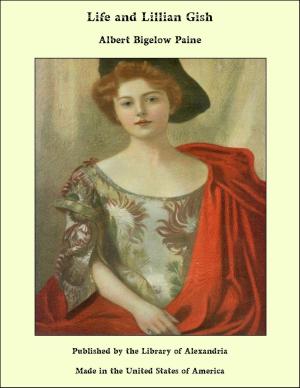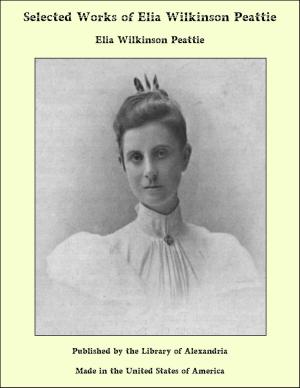La Princesse de Clèves Par Mme de La Fayette Edited With Introduction and Notes
Nonfiction, Religion & Spirituality, New Age, History, Fiction & Literature| Author: | Madame de La Fayette | ISBN: | 9781465538871 |
| Publisher: | Library of Alexandria | Publication: | March 8, 2015 |
| Imprint: | Language: | French |
| Author: | Madame de La Fayette |
| ISBN: | 9781465538871 |
| Publisher: | Library of Alexandria |
| Publication: | March 8, 2015 |
| Imprint: | |
| Language: | French |
Mme. de la Fayette, whose maiden name was Marie-Magdeleine Pioche de La Vergne, was born at Paris in 1634. Her father belonged to the lesser nobility, and was for awhile governor of Pontoise, and later of Havre. Her mOther was sprung from an ancient family of Provence, among whom, says Auger, literary talent had long been a heritage; but the mOther herself—if we are to believe Mme. de La Fayette's biographers—possessed no talent save that of intrigue. This opinion of Mme. de La Vergne, however, rests mainly upon the testimony of Cardinal de Retz; and may it not be that Mme. de La Fayette has drawn for us the portrait of her mOther in the person of Mme. de Chartres? If this be true, Mme. de La Vergne, vain and intriguing though she may have been, was not wholly unworthy of her daughter. The early education of Mme. de La Fayette—for by this name we can best speak of her—was made the special care of her father, "un père en qui le mérite égaloit la tendresse." Later, she was put under Ménage, and possibly Rapin. Segrais, with his usual garrulousness, tells the following story: "Trois mois après que Mme. de La Fayette eut commencé d'apprendre le latin, elle en savoit déjà plus que M. Ménage et que le Père Rapin, ses maîtres. En la faisant expliquer, ils eurent dispute ensemble touchant l'explication d'un passage, et ni l'un ni l'autre ne vouloit se rendre au sentiment de son compagnon; Mme. de La Fayette leur dit: Vous n'y entendez rien ni l'un ni l'autre.—En effet, elle leur dit la véritable explication de ce passage; ils tombèrent d'accord qu'elle avoit raison." And Segrais goes on to say: "C'étoit un poëte qu'elle expliquoit, car elle n'aimoit pas la prose, et elle n'a pas lu Cicéron; mais comme elle se plaisoit fort à la poésie, elle lisoit particulièrement Virgile et Horace; et comme elle avoit l'esprit poétique et qu'elle savoit tout ce qui convenoit à cet art, elle pénétroit sans peine le sens de ces auteurs." Learned for a woman of her times Mme. de La Fayette indeed was; but of this learning she made no show,—"pour ne pas choquer les autres femmes," says Sainte-Beuve. At the age of fifteen, Mme. de La Fayette lost her father; and her mOther, after brief waiting, and—if Cardinal de Retz is to be believed—much intriguing, found a second husband in the Chevalier Renaud de Sévigné. This union was an important event in the life of Mme. de La Fayette, for it marks the beginning of her residence at Paris, and of her friendship with Mme. de Sévigné, who was a kinswoman of the Chevalier
Mme. de la Fayette, whose maiden name was Marie-Magdeleine Pioche de La Vergne, was born at Paris in 1634. Her father belonged to the lesser nobility, and was for awhile governor of Pontoise, and later of Havre. Her mOther was sprung from an ancient family of Provence, among whom, says Auger, literary talent had long been a heritage; but the mOther herself—if we are to believe Mme. de La Fayette's biographers—possessed no talent save that of intrigue. This opinion of Mme. de La Vergne, however, rests mainly upon the testimony of Cardinal de Retz; and may it not be that Mme. de La Fayette has drawn for us the portrait of her mOther in the person of Mme. de Chartres? If this be true, Mme. de La Vergne, vain and intriguing though she may have been, was not wholly unworthy of her daughter. The early education of Mme. de La Fayette—for by this name we can best speak of her—was made the special care of her father, "un père en qui le mérite égaloit la tendresse." Later, she was put under Ménage, and possibly Rapin. Segrais, with his usual garrulousness, tells the following story: "Trois mois après que Mme. de La Fayette eut commencé d'apprendre le latin, elle en savoit déjà plus que M. Ménage et que le Père Rapin, ses maîtres. En la faisant expliquer, ils eurent dispute ensemble touchant l'explication d'un passage, et ni l'un ni l'autre ne vouloit se rendre au sentiment de son compagnon; Mme. de La Fayette leur dit: Vous n'y entendez rien ni l'un ni l'autre.—En effet, elle leur dit la véritable explication de ce passage; ils tombèrent d'accord qu'elle avoit raison." And Segrais goes on to say: "C'étoit un poëte qu'elle expliquoit, car elle n'aimoit pas la prose, et elle n'a pas lu Cicéron; mais comme elle se plaisoit fort à la poésie, elle lisoit particulièrement Virgile et Horace; et comme elle avoit l'esprit poétique et qu'elle savoit tout ce qui convenoit à cet art, elle pénétroit sans peine le sens de ces auteurs." Learned for a woman of her times Mme. de La Fayette indeed was; but of this learning she made no show,—"pour ne pas choquer les autres femmes," says Sainte-Beuve. At the age of fifteen, Mme. de La Fayette lost her father; and her mOther, after brief waiting, and—if Cardinal de Retz is to be believed—much intriguing, found a second husband in the Chevalier Renaud de Sévigné. This union was an important event in the life of Mme. de La Fayette, for it marks the beginning of her residence at Paris, and of her friendship with Mme. de Sévigné, who was a kinswoman of the Chevalier
